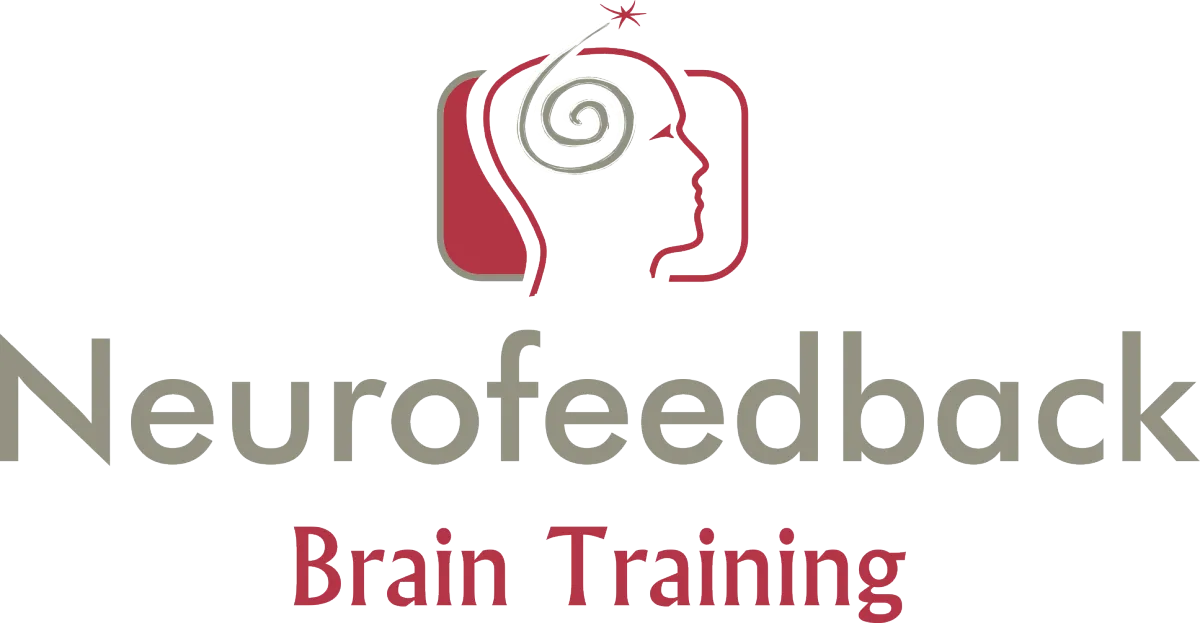Improving Sleep
Restoring Restful, Rejuvenating Sleep
A good night’s sleep is essential for mental, physical, and emotional health. If you are experiencing trouble falling asleep, staying asleep, or waking up feeling unrested, we offer effective solutions that address the root causes of sleep disturbances.

Improving Sleep
Restoring Restful, Rejuvenating Sleep
A good night’s sleep is essential for mental, physical, and emotional health. If you are experiencing trouble falling asleep, staying asleep, or waking up feeling unrested, we offer effective solutions that address the root causes of sleep disturbances.

Sleep Hygiene
Good sleep hygiene is crucial for improving the quality of your sleep and supporting overall health. It involves creating a consistent, calming bedtime routine and environment that signals to your body it’s time to wind down and rest. Poor sleep hygiene—such as irregular sleep schedules, excessive screen time before bed, or an uncomfortable sleep environment—can lead to difficulty falling asleep, staying asleep, or achieving restful sleep. By making simple adjustments to your daily habits, you can set the foundation for better, more restorative sleep.
Key practices for effective sleep hygiene include maintaining a regular sleep schedule, avoiding stimulating activities or caffeine close to bedtime, and creating a relaxing pre-sleep routine. The environment is just as important: make sure your bedroom is dark, cool, and quiet, and consider using calming sounds or scents (like lavender) to help you unwind. Limiting screen time—especially from phones, tablets, and computers—can prevent the disruption of your natural circadian rhythm, making it easier to fall asleep and stay asleep. By incorporating these sleep hygiene practices, you can significantly improve your sleep quality, reduce insomnia, and support better overall well-being.
Sleep Hygiene
Good sleep hygiene is crucial for improving the quality of your sleep and supporting overall health. It involves creating a consistent, calming bedtime routine and environment that signals to your body it’s time to wind down and rest. Poor sleep hygiene—such as irregular sleep schedules, excessive screen time before bed, or an uncomfortable sleep environment—can lead to difficulty falling asleep, staying asleep, or achieving restful sleep. By making simple adjustments to your daily habits, you can set the foundation for better, more restorative sleep.
Key practices for effective sleep hygiene include maintaining a regular sleep schedule, avoiding stimulating activities or caffeine close to bedtime, and creating a relaxing pre-sleep routine. The environment is just as important: make sure your bedroom is dark, cool, and quiet, and consider using calming sounds or scents (like lavender) to help you unwind. Limiting screen time—especially from phones, tablets, and computers—can prevent the disruption of your natural circadian rhythm, making it easier to fall asleep and stay asleep. By incorporating these sleep hygiene practices, you can significantly improve your sleep quality, reduce insomnia, and support better overall well-being.
Recommended Resources
Download our free PDF guide on sleep hygiene, which provides tips on creating a sleep-friendly environment and establishing healthy bedtime routines.
Recommended Resources
Download our free PDF guide on sleep hygiene, which provides tips on creating a sleep-friendly environment and establishing healthy bedtime routines.
Explore Relevant Services
Neurofeedback
Neurofeedback trains the brain to achieve more optimal sleep patterns, helping you fall asleep faster, stay asleep longer, and wake up feeling refreshed.
Safe and Sound Protocol (SSP)
SSP helps calm the nervous system, promoting a more relaxed state that is conducive to deep, restful sleep.
Explore Relevant Services
Neurofeedback
Neurofeedback trains the brain to achieve more optimal sleep patterns, helping you fall asleep faster, stay asleep longer, and wake up feeling refreshed.
Safe and Sound Protocol (SSP)
SSP helps calm the nervous system, promoting a more relaxed state that is conducive to deep, restful sleep.
Check Out Our Client Reviews
Check Out Our Client Reviews
Book a Call
Book Your 100% Free, No Obligation, Consultation Today And Find Out How Neurofeedback Brain Training Can Transform Your Life!
Book a Call
Book Your 100% Free, No Obligation, Consultation Today And Find Out How Neurofeedback Brain Training Can Transform Your Life!
NeurOptimal® is a training tool and does not diagnose, treat, mitigate prevent or cure any disease, disorder or abnormal physical state, nor does it restore, modify or correct the body’s structure or functioning. If you require medical assistance, please seek the advice of your physician.
We encourage you to visit our Research Page and our FAQ Page to learn more about the benefits of Neurofeedback and NeurOptimal®.
©2025 - Neurofeedback Brain Training - All Rights Reserved
NeurOptimal® is a training tool and does not diagnose, treat, mitigate prevent or cure any disease, disorder or abnormal physical state, nor does it restore, modify or correct the body’s structure or functioning. If you require medical assistance, please seek the advice of your physician.
We encourage you to visit our Research Page and our FAQ Page to learn more about the benefits of Neurofeedback and NeurOptimal®.
©2025 - Neurofeedback Brain Training - All Rights Reserved



